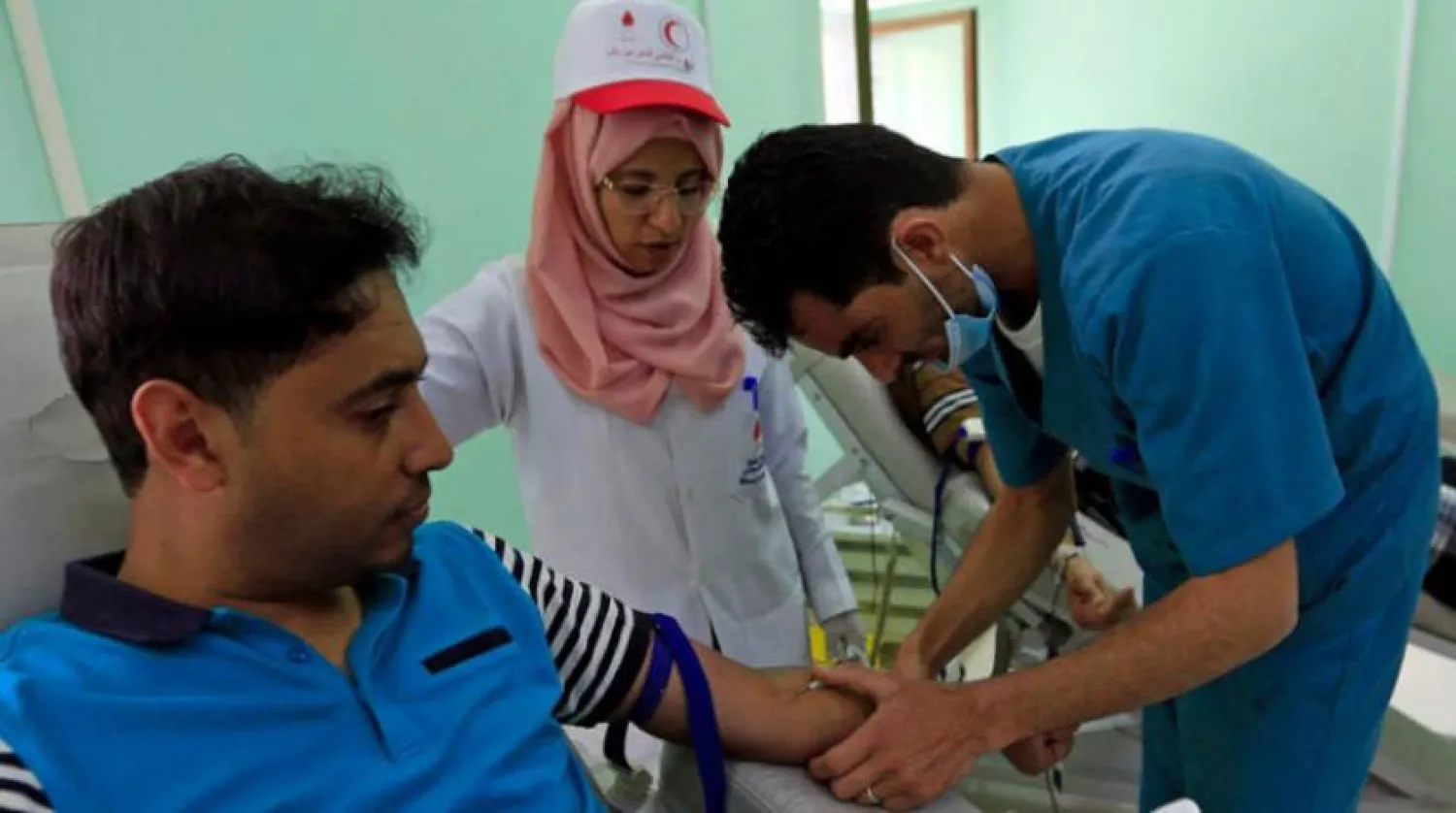The European Union (EU) plans to grant a EUR 6 million humanitarian contribution through the United Nations Population Fund to continue providing emergency relief, life-saving reproductive and mental health services to nearly half a million of the most vulnerable women and girls in Yemen.
This comes at a time when its humanitarian response is challenged by limited funds and the rapid spread of COVID-19.
In a statement read, the EU said: “The health system remains in tatters. Nearly half of all health facilities have been forced to close or are only partially functioning. COVID-19 has aggravated the situation, with roughly 15 percent of the functioning health system re-purposed to respond to the pandemic.”
It added: “Only 20 percent of functioning health facilities provide maternal and child health services due to a lack of essential medicines, supplies, and specialized staff. One in five people suffers from mental disorders, while mental health services remain severely scarce. Some 4 million people have been displaced since the escalation of the conflict, more than 32,000 of them since the beginning of the year.”
European Commissioner for Crisis Management Janez Lenarcic said: “Six years of war have brought the country and health system to their knees. Two-thirds of the population - some 20 million Yemenis - needs humanitarian aid and health assistance.
“Only an end to the conflict can stop this suffering and downward spiral. Meanwhile, the EU is determined to ensure girls, women and displaced people can find help amid the chaos.”
Minister of Planning and International Cooperation Dr. Waed Badeeb met with Ambassador of the European Union Hans and Head of Division, Middle East and Africa, Global Relations, OECD Carlos Conde.
They discussed the EU-funded economy survival program worth $11 million. The program will be handled by OCED.
The Yemeni minister lauded the EU’s role in supporting Yemen and funding humanitarian and development projects, as well as backing food security and peacebuilding.
He further commended the role of the OCED, which is experienced in building institutional capabilities and reinforcing governance.









